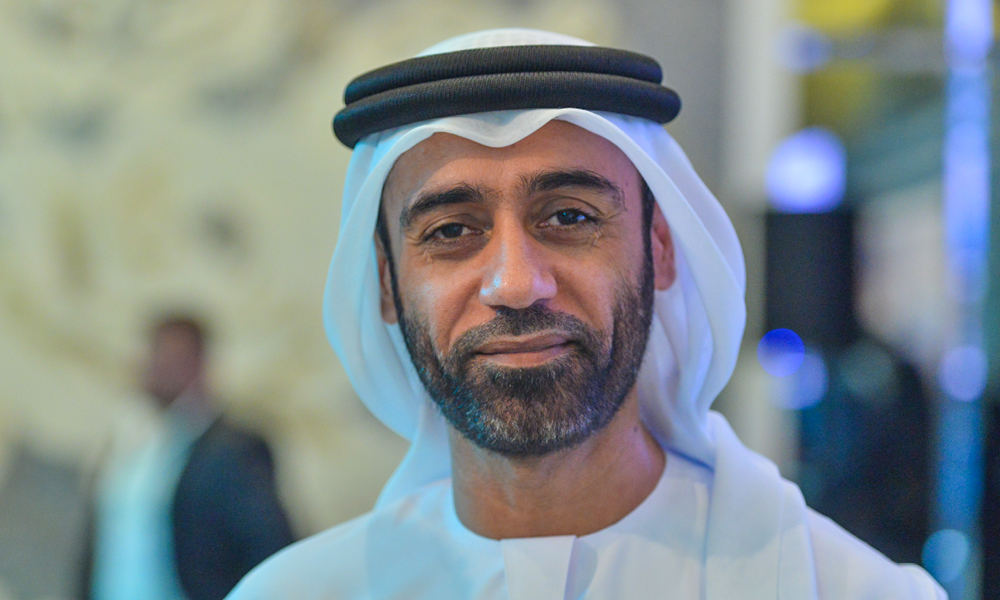The Etihad Energy Services Company (Etihad Esco) wants to develop an energy efficient market in Dubai, in line with the Demand Side Management Strategy 2030 which aims to reduce power and water consumption by 30 per cent by 2030.
Conforming with this commitment, Etihad Esco and Dubai Energy Efficient Program (Taqati- the specialised office that manages the Demand Side Management Strategy) will promote the use of renewable energy and raise awareness on energy-efficient methods. It will also provide internal and administrative advisory support to stakeholders in the Demand Side Management for the implementation of energy efficient projects through cooperation with a large group of stake holders.
Moving ahead, Waleed Salman, Vice Chairman of Etihad Esco said: “Four new projects are planned for this year, and Etihad Esco aims to create an energy-efficient contracting market for energy service companies.”
“[We will be doing this] by auditing and proposing energy conservation standards for contractors and developers of buildings and look forward to achieving huge financial savings by 2030.”
“Dubai Electricity and Water Authority (DEWA) has a lot of goals and initiatives for the future. This is part of our DNA- creating awareness and changing the mindset,” Salman said during a brief interview on the sidelines of the conference to MECN.
He added: “Last year, with out partnership with public and private sectors, we achieved encouraging success from the initiatives and projects that were undertaken for the retrofitting of buildings.”
Major projects carried out by Etihad Esco last year, included the installation of photovoltaic (PV) solar panels on the rooftops of 554 citizens’ houses in Hatta, with DEWA’s support. Under the Shams Dubai Initiative, Etihad Esco has also retrofitted 2092 facilities and buildings in Dubai.
Salman stated: “Our various high-efficiency lighting installations and retrofitting projects achieved total savings of 114.75 million kilowatt-hours of electricity and 132.15 million gallons of water, amounting to $15.16 million.”
These savings have offset around 56,600 tonnes of carbon emissions per year, Salman said during the conference.
Ali Jassim, CEO of Etihad Esco told MECN that with respect to Etihad Esco’s solar panel installation initiatives, citizens are very welcoming.
“We are knocking on their doors, approaching them and getting consent from them to install it. Since this scheme is supported by DEWA, it is also free for the citizens.”
“In fact, they will have a less electricity value. And, for us, it is more feasible when we do it for a group of houses- with a large number of villas, it reduces the price for us,” Jassim added.
He further detailed the projects undertaken by Etihad Esco, which includes retrofitting more than 30,000 buildings in Dubai by 2030 for energy efficiency.
“So far, we have done more than 2000 buildings, and we are working on another 2400. Our goal is to retrofit 30,000 buildings by 2030 and we have approximately 11 more years to go, so its an average of 2000 buildings every year, happening in phases,” Jassim stated.
Salman added that the cumulative cost of such projects will be $8.17 billion, while the estimated value of savings is $22.32 billion, giving the Demand Side Management plan a Positive Net Economic Impact of Net Present Value of $14.16 billion.
He said: “What you see today is most our buildings are LEED certified buildings. We are focusing on all DEWA-related buildings to be either gold or platinum certified buildings, because our properties are not just administrative establishments.”
He concluded by stressing on the importance of being role-models for other entities in the region.

